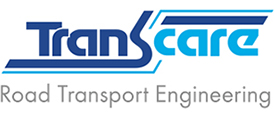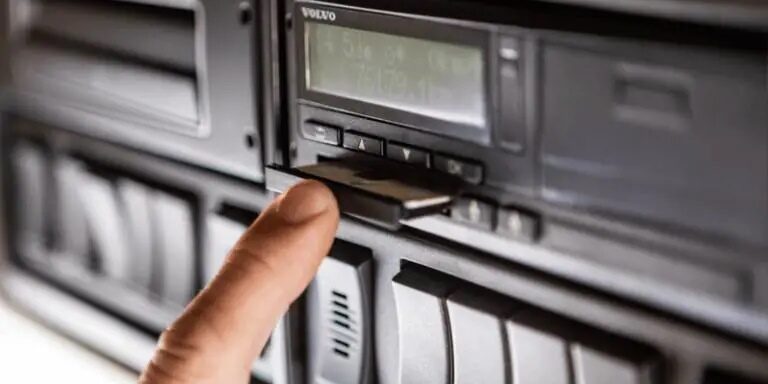When you’re out on the open road, it’s important that you’re driving safely in addition to enjoying the journey. As a truck driver, you’re likely to work extended hours at unsociable times, which means it’s even more important to keep your vehicle in check and ensure you’re correctly following current regulations.
One aspect of this is making sure that you take care of your vehicle’s tachograph. This is an analogue or digital device which can record various pieces of key information throughout your journey. Read on to learn more about this vital piece of technology, including what it does and when it should be calibrated.
What Does A Tachograph Do?
A tachograph works whilst a vehicle is in use to measure how long you’ve been driving for in addition to your speed and distance travelled. This technology is traditionally used in trucks to ensure that drivers are taking breaks and are not spending too much time behind the wheel.
What Vehicles Require A Tachograph?
It is compulsory for every vehicle weighing over 3.5 tonnes to have a working tachograph, where this also includes if you’re pulling a trailer and the total weight of your combined vehicle reaches this limit.
Various exemptions include slow vehicles that travel below 25 mph, as this allows farming and agricultural equipment to be excluded. Emergency service and breakdown recovery vehicles are also exempt from these requirements. The rules typically apply to commercial vehicles above the designated weight limit.
What Is Tachograph Calibration?
Like all technologies, tachographs need to be maintained and checked to ensure they are working properly. A calibration realigns the measuring instrument to make sure it is taking accurate readings, where this allows businesses to follow driving legislation properly and avoid fines.
When Should I Calibrate My Tachograph?
An analogue tachograph should be checked every two years and recalibrated every six, where it must receive these checks from an approved manufacturer or calibration company. For digital tachographs, it is recommended that you book a calibration every two years, where the device should also be calibrated after repairs, tyre alterations or registration plate changes.
Transcare: Vehicle Fleet Management Services You Can Depend On
At Transcare, we’re fully equipped to handle all your tachograph calibration and repair needs, where our team is approved by the Driver & Vehicle Standards Agency to carry out this essential work. We can also handle a range of other vehicle repair tasks, including air conditioner maintenance, wheel alignment and diagnostics.
Our mobile repair units and fast response vehicles are designed to handle a wide range of mechanical issues in order to get you back on the road as soon as possible. Contact us today to find out more about our comprehensive range of services.








